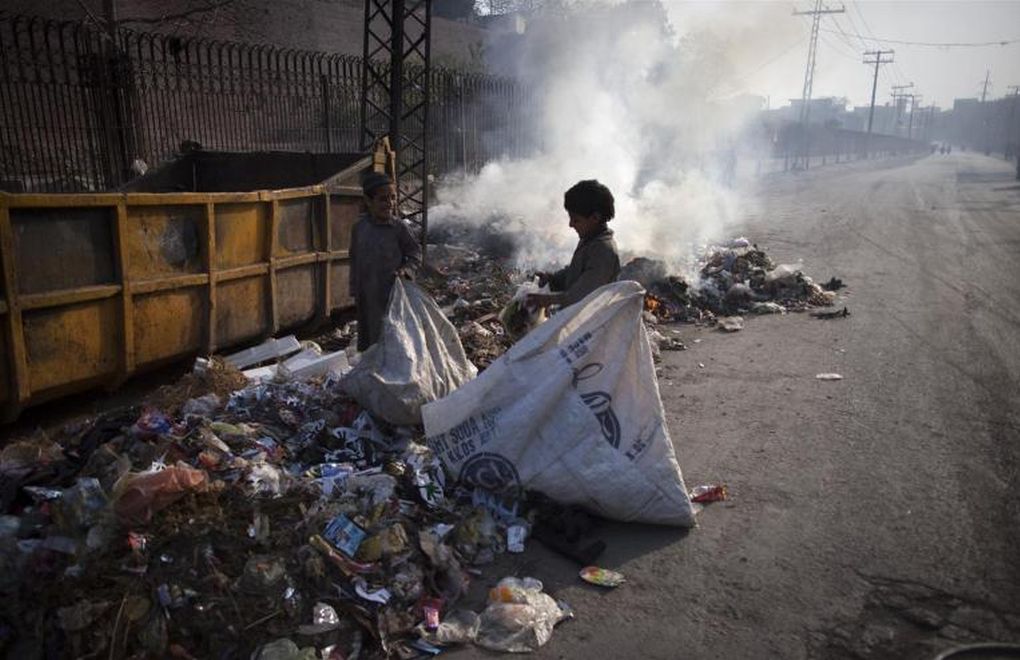* Photo: Unicef.org
Click to read the article in Turkish
"Eradicating extreme child poverty in Europe: An international obligation and a moral duty" report has been published.
While the Deep Poverty Network from Turkey also shared data for the report of Pierre-Alain Fridez from the Council of Europe (CoE) Committee on Social Affairs, Health and Sustainable Development, the report will be debated by the Parliamentary Assembly of the CoE in April.
According to the Committee, "despite all the efforts being made, poverty, especially extreme child poverty, is far from being eradicated."
"If child poverty remains a major concern in Europe, it is because levels of extreme poverty are alarming," the report has found, underlining that "long before the Covid-19 pandemic, these levels were growing steadily in our prosperous societies". The Committee has raised concerns that "the failure of the fight against extreme poverty is, to date, a collective failure".
Armeni̇a, Romania, Serbia and Turkey
The report of Pierre-Alain Fridez (Switzerland, SOC), which has been adopted by the Committee, has recalled that "almost 385 million children in the world, 19.5 percent of all children, are living in extreme poverty ... compared to 9.2 percent of adults". In 2018, UNICEF estimated that 22 million children were living below the poverty line in Europe and Central Asia.
The report has also made a reference to Turkey:
"The report is illustrated with images of situations of extreme child poverty in Armenia, Romania, Serbia, and Turkey.
"The situation is worrying in all member States, considering the typical profile of children living in poverty or extreme poverty.
"While countries in the region have experienced significant economic growth over the past two decades, the overexposure of children demonstrates that the sharing of wealth and progress is unevenly distributed, leaving them in a vulnerable position. Regrettably, extreme poverty has continued to rise during this period of almost uninterrupted growth."
Combat poverty by 2030
A series of recommendations to eliminate extreme child poverty have also been shared in the report, including the following:
- ensure that children have the right to food in sufficient quantity and quality. To reach this goal, it calls on member States to waive all VAT taxes on essential food items;
- provide children living in poverty in neighborhoods in which it is concentrated with the facilities and programmes necessary for their educational, health, cultural and sporting development and to adopt financial measures to help them escape poverty, such as adequate child benefits;
- enable improvements to be made to the detection by school health services of children's developmental problems, including cognitive and sensory disorders, and ensure followup;
- ensure children's access to free and adequate health services, including preventive and restorative dental care, since teeth are a strong social marker of inequality; and
- ensure that the housing where these children live benefits from energy efficiency measures and that their parents actually receive the assistance available in the event of spiraling energy costs.
The report has put an emphasis on "encouraging member States to make children's best interests and well-being the focus of public policies to combat extreme child poverty by 2030". (AÖ/SD)







